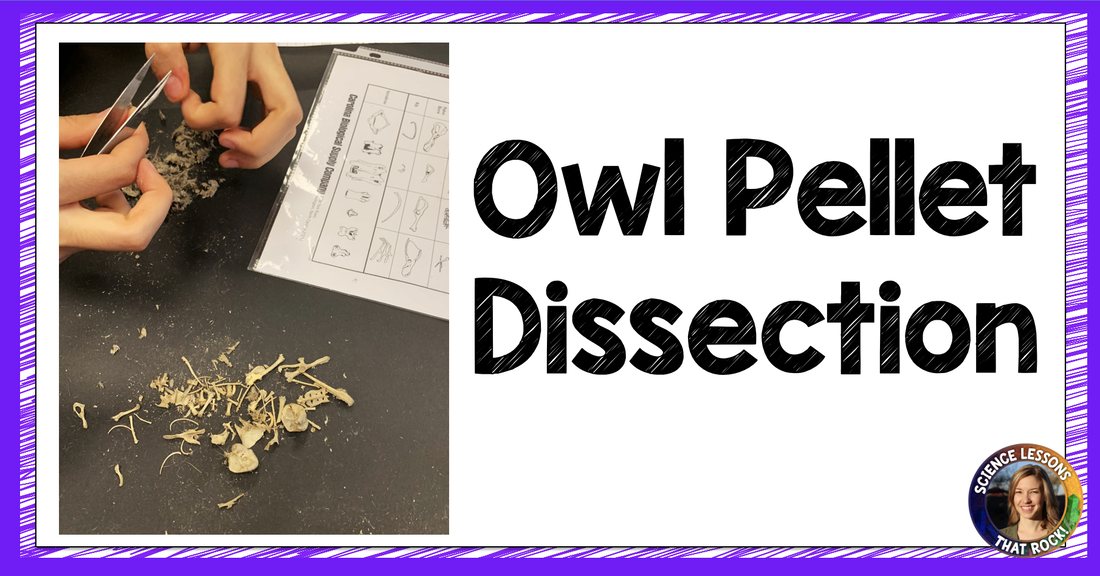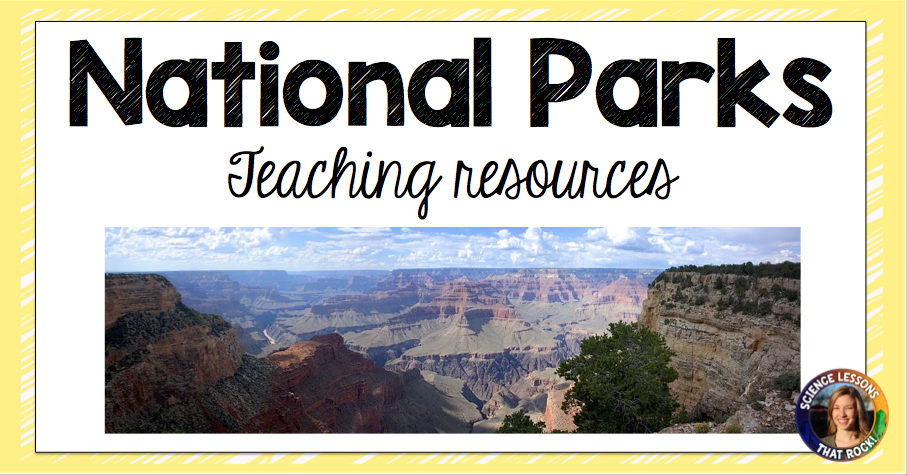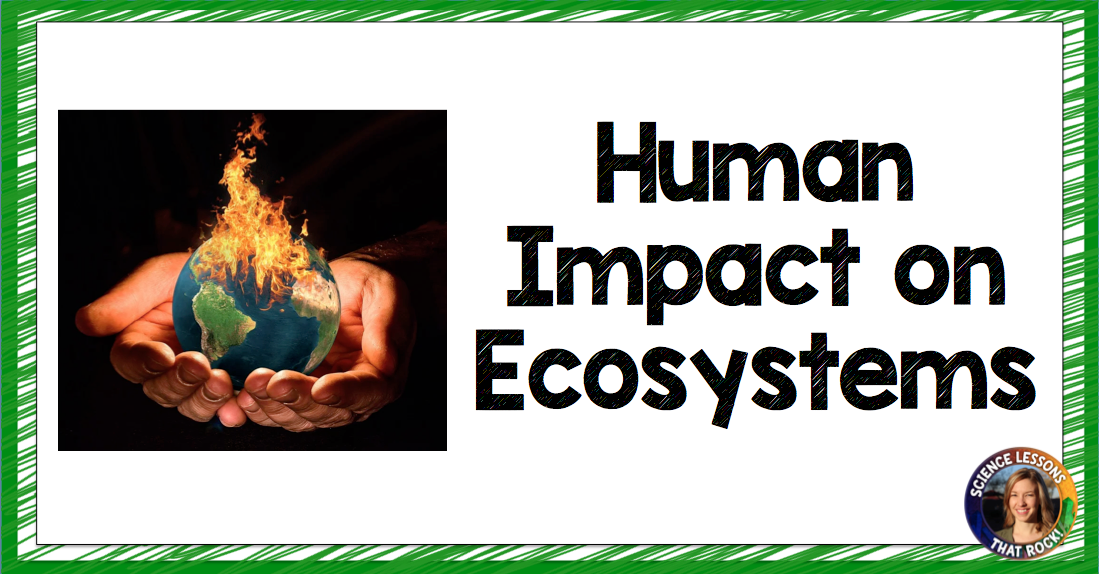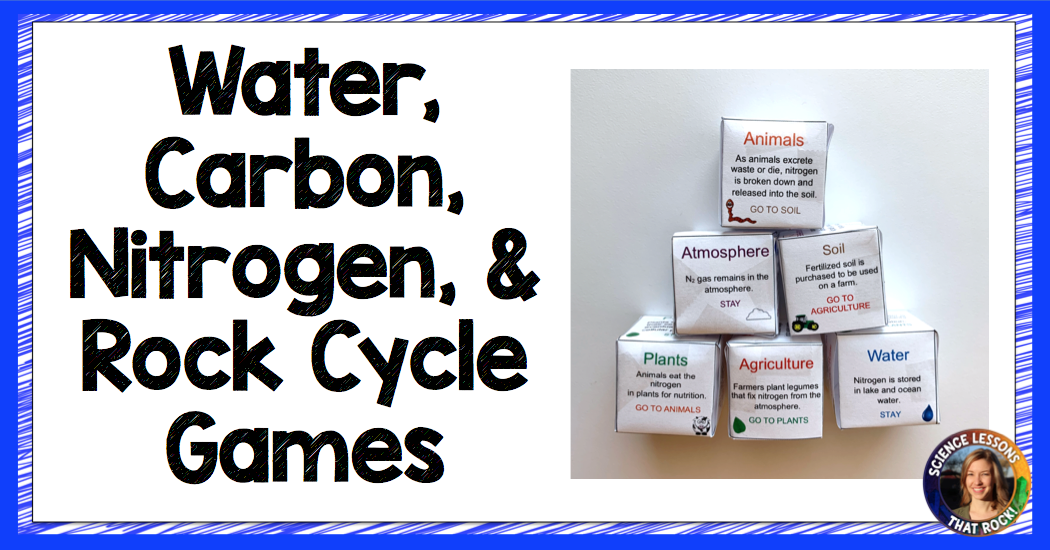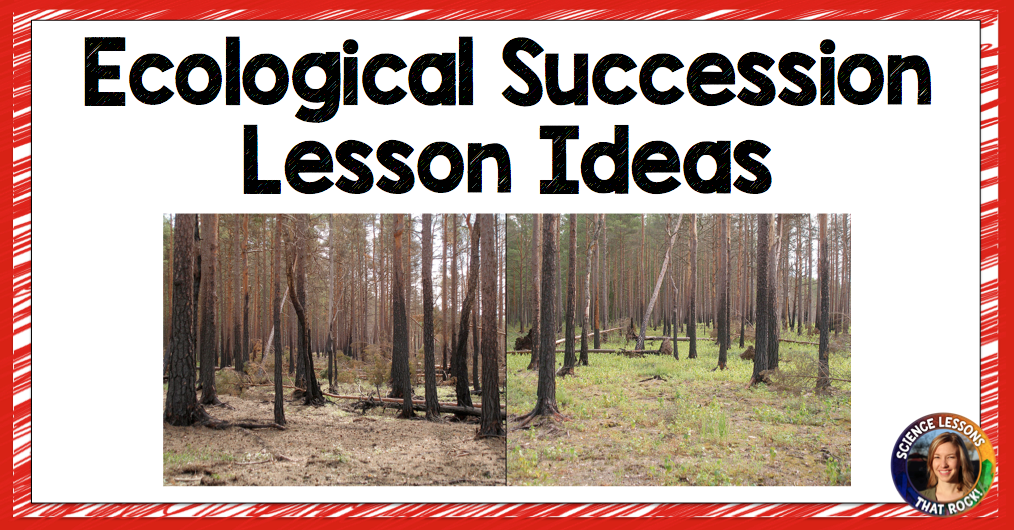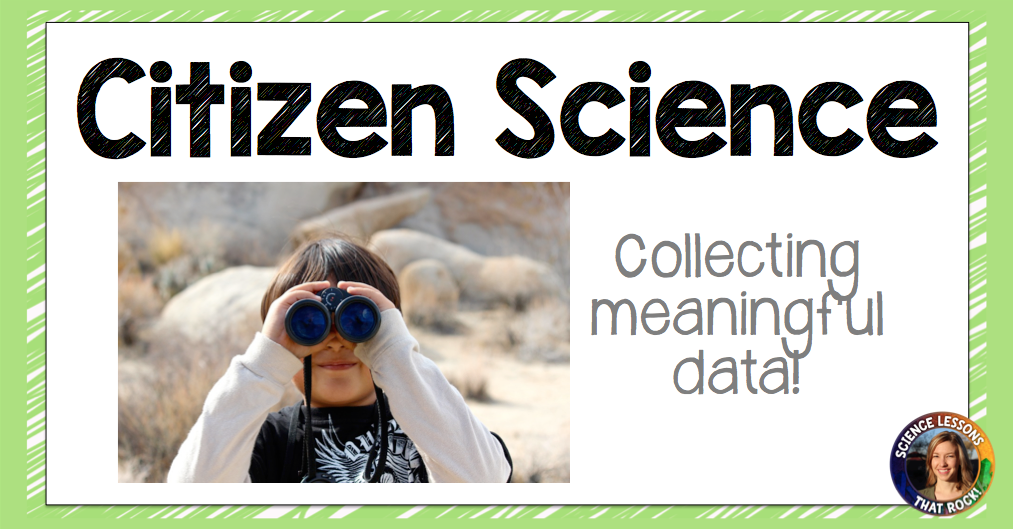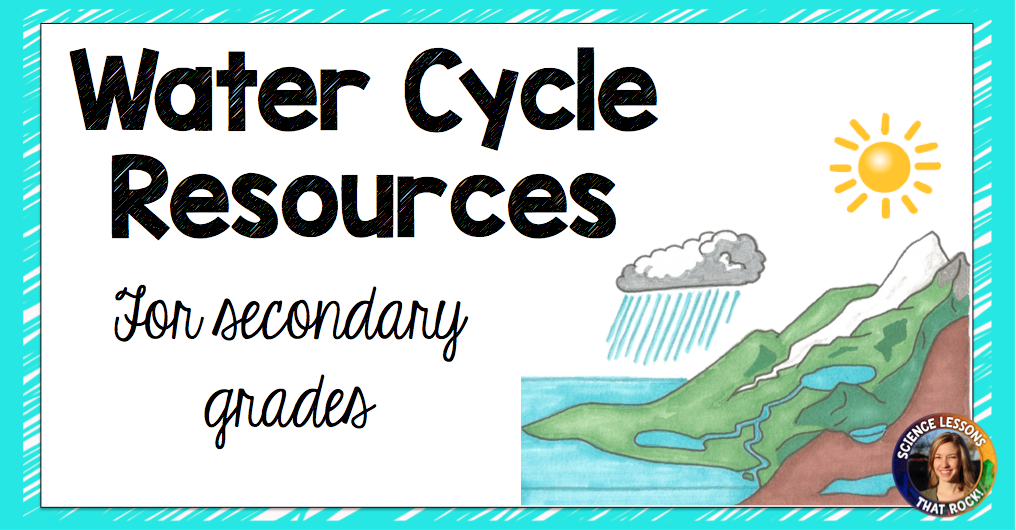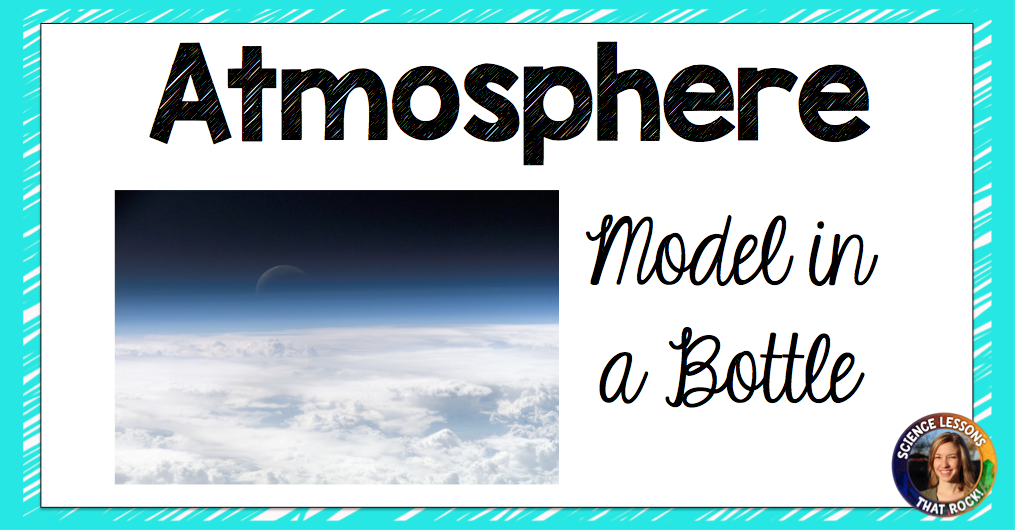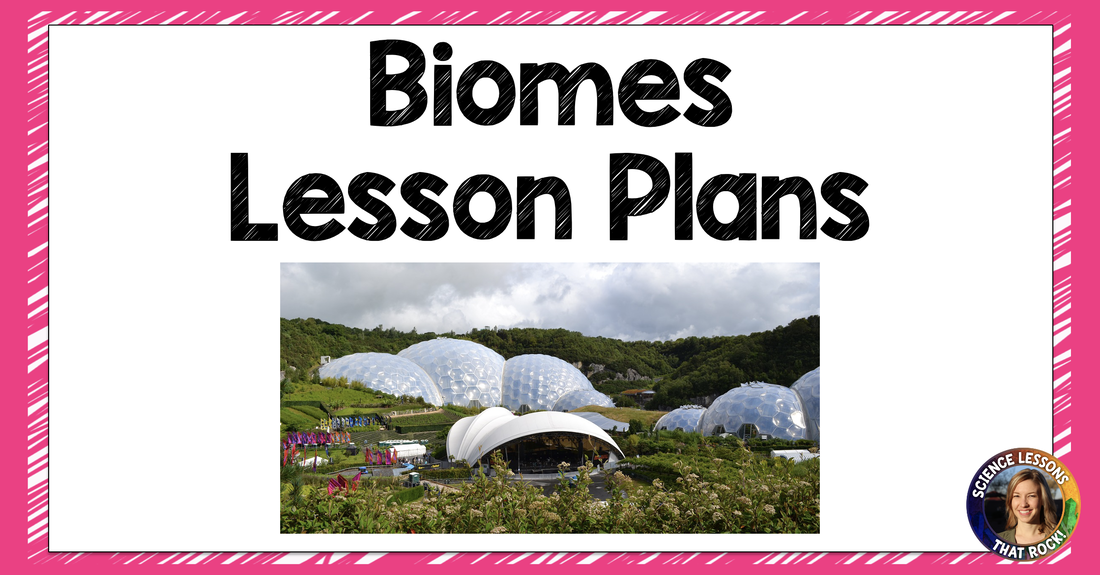
Biomes Lesson Plans
Ecology is one of my favorite topics to teach (along with evolution), so I’m excited to write up this blog post on biomes! In biology we begin the year with the characteristics of life, and then move into ecology. I like starting with ecology because it involves relatively easy concepts.

